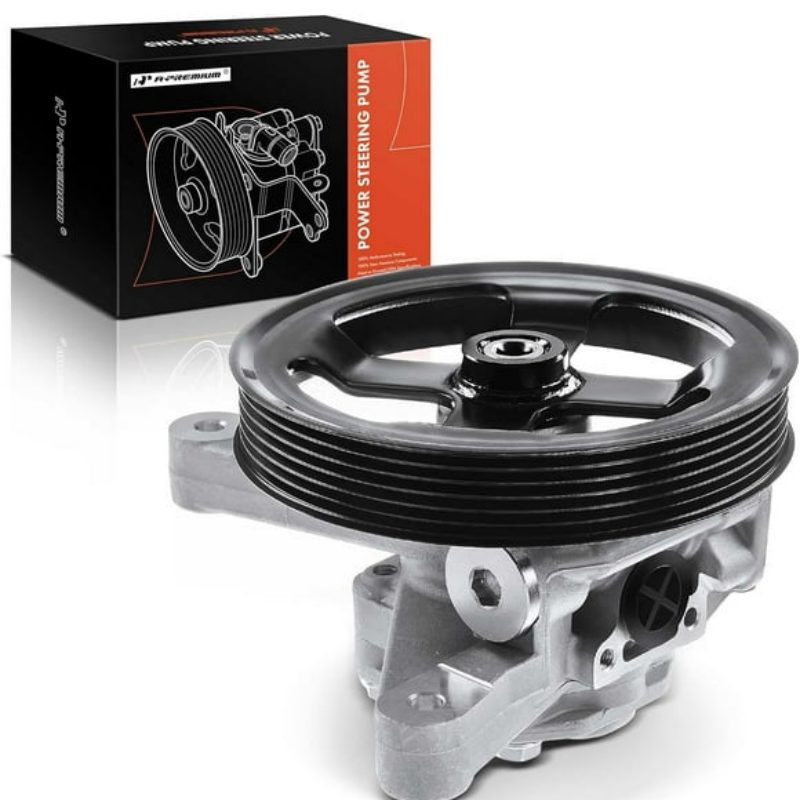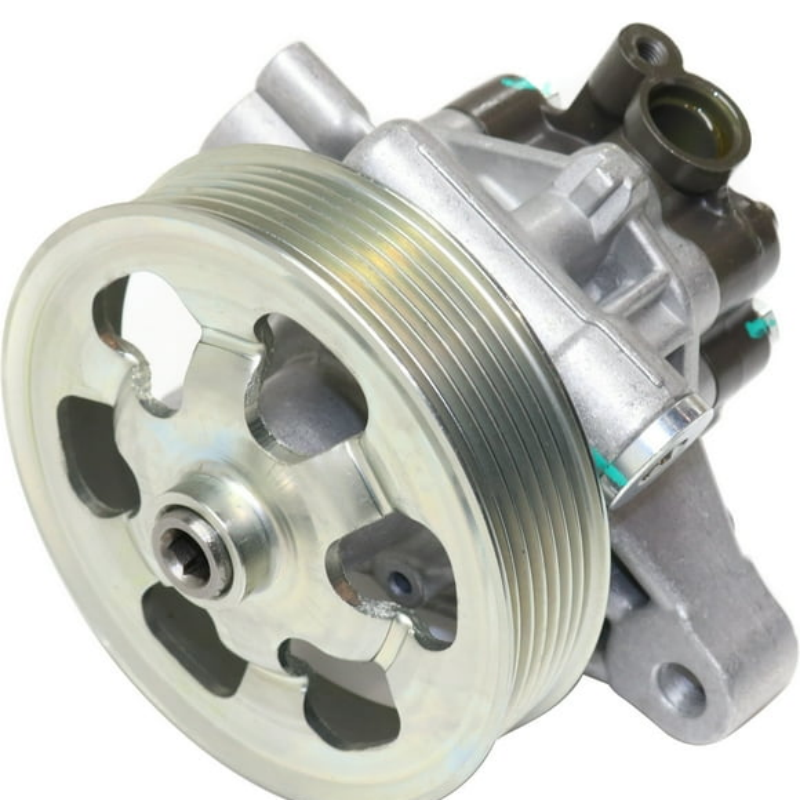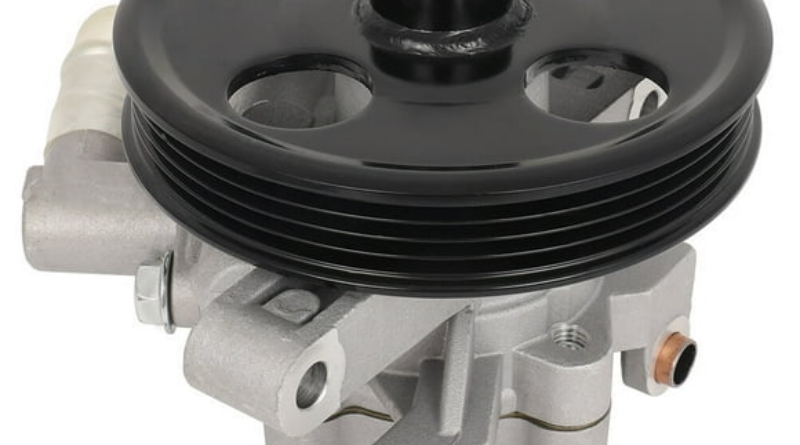Can You Use Power Steering Fluid for Brake Fluid?
When it comes to maintaining your vehicle, understanding the specific functions of different fluids is crucial. One common question arises frequently among car owners: can you use power steering fluid for brake fluid? The concern stems from the fact that both fluids serve critical roles in vehicle operation. Power steering fluid aids in the smooth maneuvering of the steering system, while brake fluid is essential for the effective operation of your braking system. Mixing or using the wrong fluid can lead to severe consequences, compromising vehicle safety and performance. In this article, we will delve deeply into this topic, analyzing the properties of both fluids, the potential risks involved in using them interchangeably, and the best practices for maintaining fluid levels in your vehicle.

Understanding Power Steering Fluid
To fully grasp the implications of mixing power steering fluid with brake fluid, it’s essential first to understand what power steering fluid is. Power steering fluid primarily facilitates the smooth operation of the power steering system, allowing drivers to steer with ease. It is a hydraulic fluid, primarily composed of a base oil, various additives, and detergents that provide necessary lubrication to the power steering pump and other components.
The fluid’s primary function is to transmit the pressure generated by the power steering pump. This pressure assists in steering the vehicle, significantly reducing the effort required by the driver. Power steering fluid is available in various formulations, including mineral oil-based, synthetic, and ATF (Automatic Transmission Fluid). Different vehicles may require different types of power steering fluid, and using the recommended type is essential for optimal performance.
Understanding Brake Fluid
Brake fluid, on the other hand, is a hydraulic fluid specifically formulated for use in a vehicle’s braking system. This fluid must have unique properties, including a high boiling point to prevent vapor lock and the ability to maintain its viscosity across various temperature ranges. Brake fluid works in tandem with the brake lines and calipers, transmitting force from the brake pedal to the braking components that physically stop the vehicle.
The chemical composition of brake fluid is vital as it is generally hygroscopic, meaning it absorbs moisture. This characteristic is necessary to maintain optimal brake performance but can lead to issues if the fluid is not changed regularly. The two most common types of brake fluid are DOT3 and DOT4, with the latter being more hydroscopic and suited for higher performance vehicles. Understanding these characteristics is crucial in answering the question: can you use power steering fluid for brake fluid?
Risks of Using Power Steering Fluid for Brake Fluid
Using power steering fluid as a substitute for brake fluid can lead to severe complications. The two fluids have distinct chemical compositions, and their properties are tailored for specific functions. When power steering fluid is used in a brake system, it can lead to several problems, including:
Degradation of Rubber Seals and Hoses
One of the most significant risks is the degradation of rubber seals and hoses in the braking system. Power steering fluid contains additives that can cause the rubber components of brake systems to swell, harden, or break down. As the seals deteriorate, fluid leaks may occur, leading to a loss of brake pressure and ultimately compromising braking performance.
Loss of Brake Effectiveness
Using power steering fluid in place of brake fluid can result in a sluggish brake response. The viscosity of power steering fluid differs from that of brake fluid, which can impact its ability to transmit hydraulic force. As a result, the brake system may become less effective, delaying stopping power and increasing the risk of accidents.
Potential for Vapor Lock
The boiling point of brake fluid is higher than that of most power steering fluids. If power steering fluid is subjected to high temperatures in the braking system, it can boil and create gas bubbles. This phenomenon, known as vapor lock, can lead to a total failure of the braking system, making it impossible to stop the vehicle effectively.
Expert Opinions: The Consensus on Fluid Usage
When consulting automotive professionals and mechanics, the consensus is clear: you should never use power steering fluid in place of brake fluid. Experts emphasize that the two fluids are designed for entirely different purposes, with specific formulations that cater to their unique demands. Any substitution can compromise vehicle safety and reliability.
In many cases, mechanics recommend performing preventative maintenance, which includes checking fluid levels and ensuring that each system uses the appropriate type of fluid. Regular inspections can help identify any leaks early and prevent significant damage to the vehicle’s hydraulic systems.

Best Practices for Vehicle Fluid Maintenance
Given the importance of using the correct fluids in your vehicle, here are some best practices for maintaining your power steering and brake fluid systems:
Regular Inspections
Schedule regular inspections of your vehicle’s fluids. This includes checking the levels and the condition of power steering and brake fluid. Contrasting colors, unusual odors, or debris can signal contamination or fluid degradation.
Use Manufacturer-Recommended Fluids
Always use fluids that are recommended by the vehicle manufacturer. Typically, this information can be found in the owner’s manual or service guide. Manufacturer recommendations are based on extensive testing and knowledge of the specific chemical requirements for optimal system performance.
Changing Fluids at Recommended Intervals
Brake fluid and power steering should be replaced at regular intervals to prevent contamination and maintain performance. Brake fluid, in particular, can absorb moisture over time, which can lead to brake failure if not changed. Adhering to your vehicle’s maintenance schedule will ensure that fluids remain effective.
Addressing Fluid Leaks Promptly
If you notice any fluid leaks, it’s essential to address them immediately. Leaks can lead to a reduction in levels, affecting the performance of both the brake and power steering systems. Consult a mechanic to check for sources of leakage and resolve the issue safely.
Alternatives and Solutions for Fluid Replacement
Suppose you find yourself in an emergency situation, and you are out of brake fluid. In that case, you might wonder if using another type of fluid—such as power steering fluid—could get you by until you can find a suitable replacement. However, while it may seem like a viable option, it’s advisable to refrain from this practice, as mentioned earlier.
Instead, consider these alternatives:
Emergency Situations
In an absolute emergency, where stopping is imperative, your best bet is to use brake fluid that is compatible with your vehicle. While it may not be ideal, even a low-quality brake fluid is preferable over power steering fluid.
Transportation
If you’re unable to find brake fluid locally, consider using a rideshare service or public transportation to reach a store. It’s always safer to wait until you can get the correct fluid.
Notify a Mechanic
If your vehicle exhibits signs of brake failure or low fluid levels, don’t hesitate to call for roadside assistance. They can provide immediate help and ensure your safety.

Conclusion
So, can you use fluid for brake fluid? The answer is a resounding no. While both fluids play significant roles in vehicle operation, they are distinctly different in function and composition. Using fluid in the brake system can pose severe risks, including compromised performance, degraded seals, and even complete brake failure.
For vehicle owners, understanding the critical differences between these fluids is vital for ensuring safety and reliability. Regular maintenance, using manufacturer-recommended fluids, and addressing leaks promptly are essential practices for keeping your vehicle running smoothly. Remember, when it comes to safety on the road, it’s best to err on the side of caution. Always use the appropriate fluid in its corresponding system to ensure optimal vehicle performance and safety.
